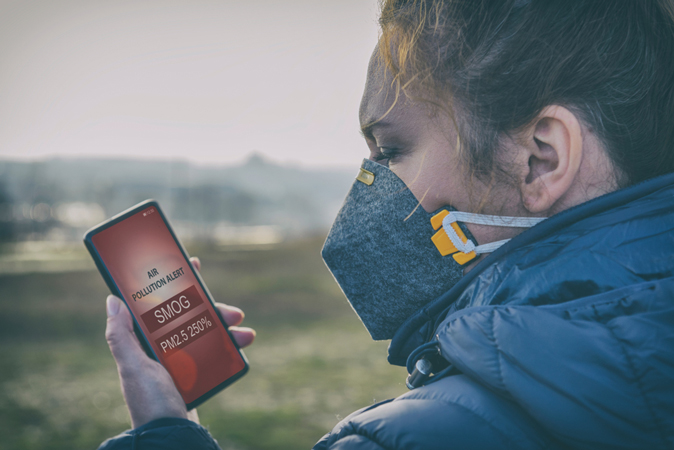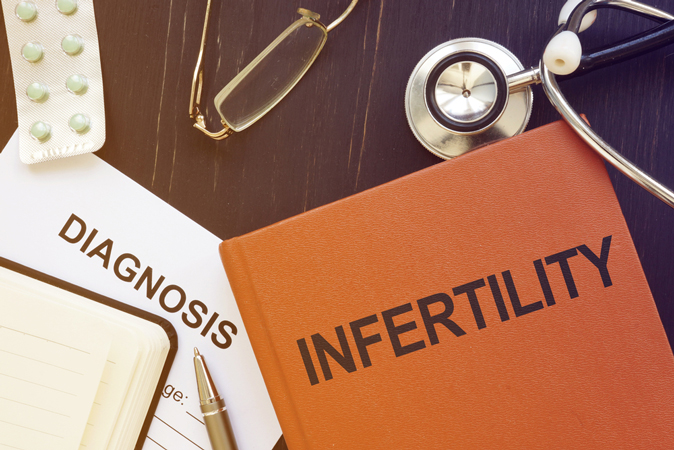Researchers’ Birth Outcomes Work Featured in NIEHS Publication
Two Rollins researchers were recognized for their recent publications in the August issue of Environmental Factor, a newsletter produced by the National Institute of Health Sciences (NIEHS). Both explored the impacts of environmental exposures on birth outcomes.
Audrey J. Gaskins, ScD, was lead author on an article published in Fertility and Sterility linking higher temperatures to lower ovarian reserves (referring to the number and quality of a woman’s eggs). The researchers reviewed estimated daily temperature exposures for the 631 women enrolled in the study (ages 18-45) at a period three months, one month, and two weeks before the ovarian reserve examination. The study found an affiliation between higher temperatures and lower ovarian reserve. Study findings raised concerns that temperature increases due to climate change may have accelerated reproductive aging in women.
 |  |
Carmen J. Marsit, PhD, leads the cohort used in an an article published in Environmental Research, that analyzed the impact of particulate matter air pollution (PM2.5) exposure during pregnancy on the developing fetus. Utilizing data from 840 women and children enrolled in a birth cohort study between 2009-2013, the researchers ran spatiotemporal models using the women’s home addresses to determine weekly PM2.5 exposure. The researchers found correlations between PM2.5 exposure during pregnancy and fetal growth and shorter gestational age as well as impacts on the expression of placental genes which could contribute to later life health effects such as susceptibility to cardiometabolic health outcomes and viral infections.


